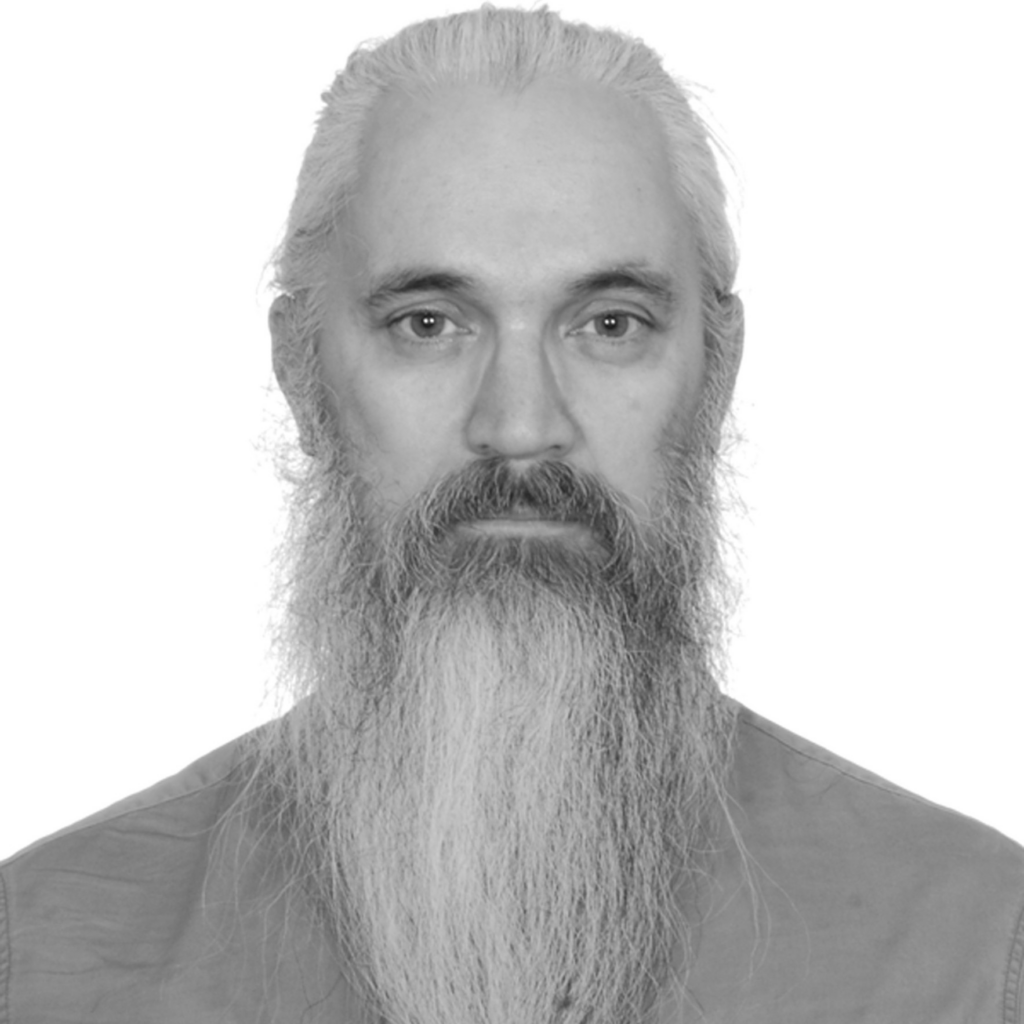
This project explores the hidden legacies of Indigenous transnational activism and diplomacy by examining two important trips taken by Indigenous Ainu delegates from Japan and First Nations delegates from British Columbia to China in the mid-1970s. The delegates were impressed with what they saw among China’s ethnic minorities, which inspired them to envision new kinds of activism when they returned home.
We are interviewing Indigenous delegates who went on these trips to find out what they experienced in China and how it influenced their activism. We are following the delegate’s life trajectories to understand how their ideas about Indigenous justice changed over the years. We will put the interviews on our website by fall 2023.
There is little recognition that Indigenous peoples have travelled and explored the world, especially outside Europe. This project challenges stereotypes that Indigenous people are passive subjects of colonialism and global history-making.
Our goal for this space is to create an interactive platform that uses compelling pictures, timelines and maps to share our research in an easy-to-understand way. We want it to be a place where people can join our efforts and collaborate by contributing more knowledge about transnational Indigenous diplomacy and how Indigenous groups have contributed to the world we live in.
The photographs and archival material used on this site are not the property of the Transnationally Indigenous Project. Due diligence has been made to contact the owners and those photographed. If you have any questions or concerns, please email us at transnationallyindigenous@gmail.com. This project has been possible in part by the Social Science and Humanities Research Council of Canada, and the John Simon Guggenheim Memorial Foundation.
Our Team

Yiwen Liu
Researcher

Sayano Izu
Researcher

Yuan Wei
Researcher



















